Saudi Arabia and Iran have agreed to restore diplomatic relations and reopen their embassies and missions within two months after China-mediated talks in Beijing last week.
Observers said the surprise deal sets a good example for how countries in the region can resolve disputes and differences through dialogue and consultation, and represents the contribution that China, as a responsible major power, can make to a turbulent world.
Saudi Arabia cut diplomatic ties with Iran in early 2016 in protest against the attacks on Saudi diplomatic missions in Iran following the Saudi execution of a Shiite cleric. Iraq and Oman hosted multiple rounds of dialogue between 2021 and 2022 to help the two rivals mend ties.
After their latest meeting in Beijing, both Saudi Arabia and Iran extended their appreciation and thanks to Iraq and Oman, and to Chinese leaders and the Chinese government for hosting, supporting and contributing to the success of the talks.
"The deal brought great surprise to the Middle East and the world, not only because the two old enemies made peace after years of antagonism, but also because the dialogue took place thousands of kilometers away in Beijing. It was a diplomatic miracle that most people had not expected," said Ding Long, a professor at the Shanghai International Studies University.
Countries in the Middle East, including Egypt, the United Arab Emirates (UAE), Jordan and Iraq, welcomed the Beijing agreement. The United Nations spokesman Stephane Dujarric applauded the agreement and praised China's role in the process, saying "good neighborly relations" between Iran and Saudi Arabia are "essential" for the stability of the Gulf region.
Relations between regional powers have eased since 2020. Iran has restored diplomatic relations with the UAE and Kuwait, creating a favorable atmosphere for the resumption of its diplomatic ties with Saudi Arabia.
Given sectarian, ethnic and geopolitical factors, the Saudi Arabia-Iran relationship has become one of the most complex examples of bilateral relations in the world. China's mediation helped secure the normalization of ties, pushing the process of defusing tension in the Middle East to a climax, Ding said.
"Of the global powers, only China is capable of and in the position to handle the issue. Compared with Western countries, China maintains friendship and balance with all countries in the Middle East, and does not take sides. Therefore, China gains credibility as a mediator," said Niu Xinchun, director of the Institute of Middle East Studies at the China Institutes of Contemporary International Relations.
Iran will not accept U.S. mediation, and Russia, despite its ties to both Iran and Saudi Arabia, is distracted by the crisis in Ukraine, Niu said.
China's head of state visited the two rivaling countries in 2016, and paid another state visit to Saudi Arabia in late 2022. President of Iran Ebrahim Raisi paid a state visit to China in February this year.
"The fact that these two countries chose China in which to reach such an agreement is a sign of trust in China and highlights China's influence in the world," said Wu Sike, former special envoy from China to the Middle East. "Another sign is that China's policy in the Middle East has been recognized by regional countries for many years."
China has repeatedly said it pursues no selfish interest whatsoever in the Middle East, and China respects the status of Middle Eastern countries as the masters of their region and opposes geopolitical competition in the Middle East.
"China has no intention to and will not seek to fill the so-called vacuum or put up exclusive blocs," a Chinese Foreign Ministry spokesperson said after the Saudi Arabia-Iran talks, adding that China has always believed that the future of the Middle East should always be in the hands of the countries in the region.
Experts said the outcome of the talks is of great significance to resolving other international conflicts, and that the China-proposed Global Security Initiative has won international recognition. The initiative aims to create a new path to security that features dialogue over confrontation, partnership over alliance, and win-win cooperation over zero-sum games.
"Whether in Ukraine, Yemen or Syria, an important reason for long-standing conflicts is foreign intervention," Niu said. "But what China has done is to provide a platform rather than becoming party to the conflict, so that it can hold an objective and fair position."









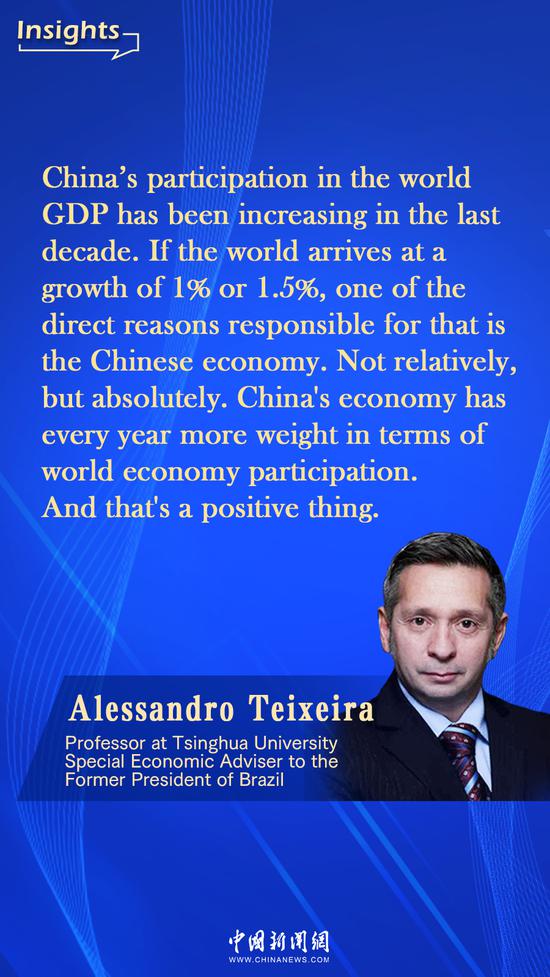




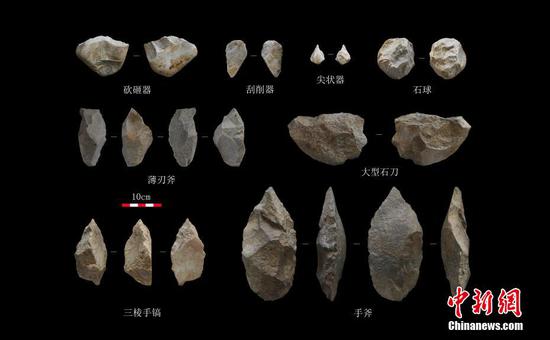
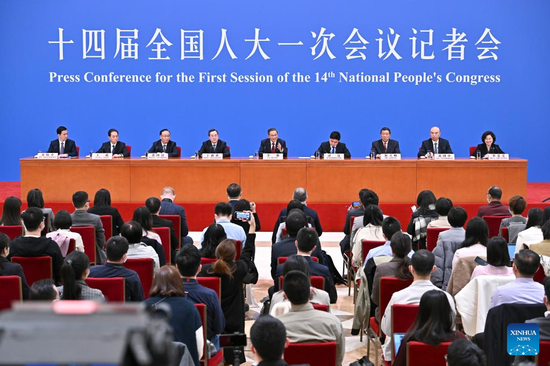

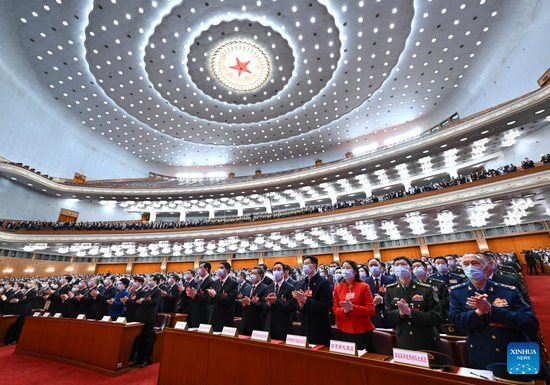
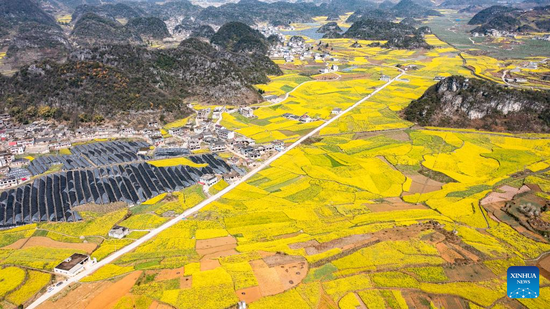
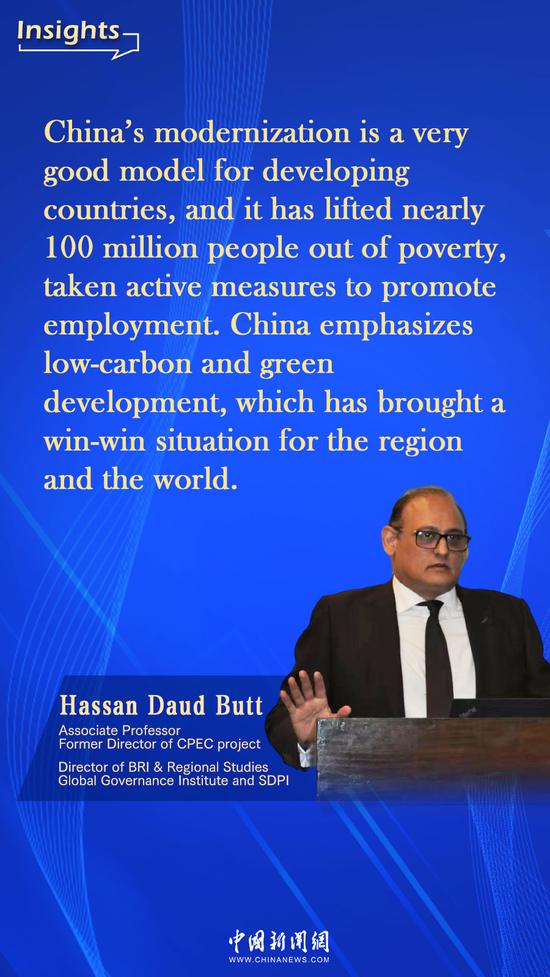

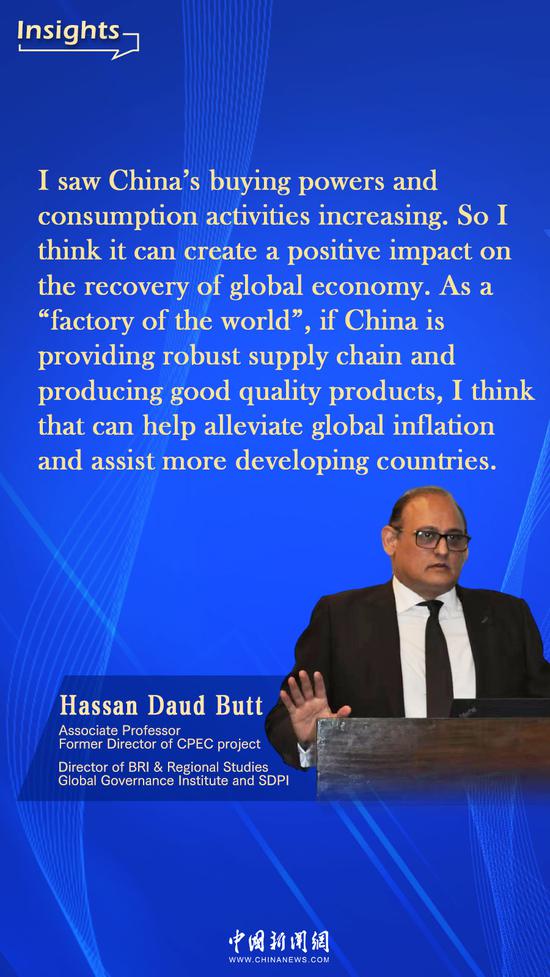




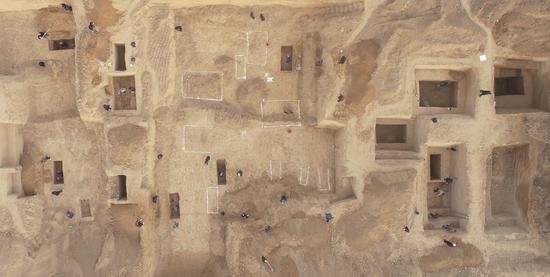

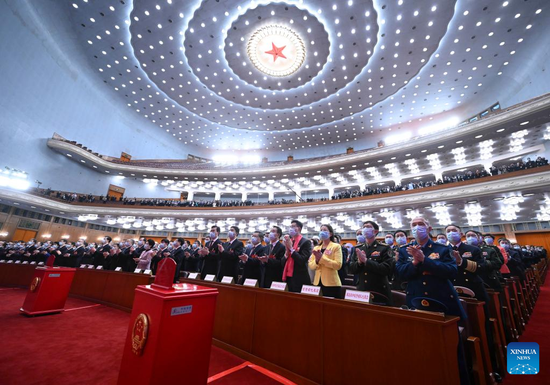
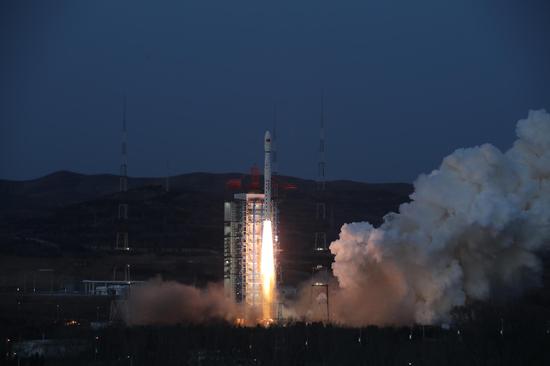


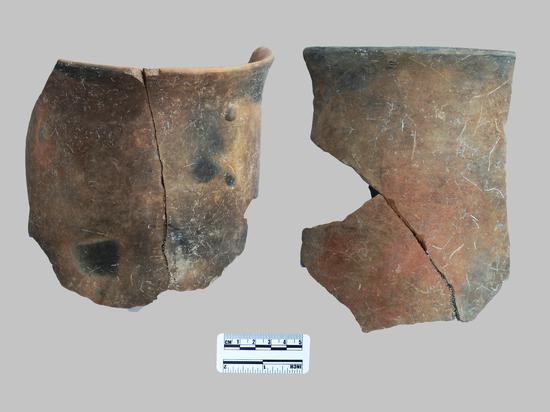
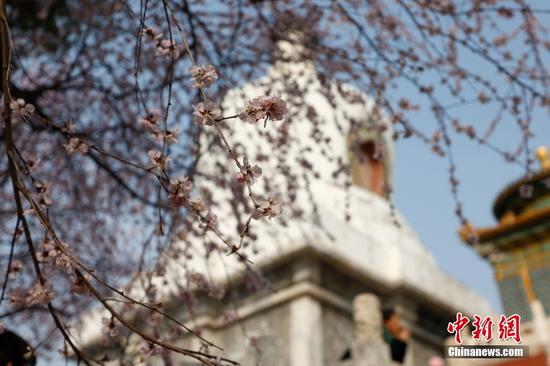


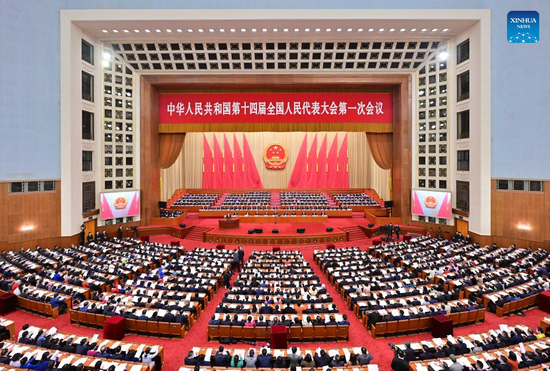
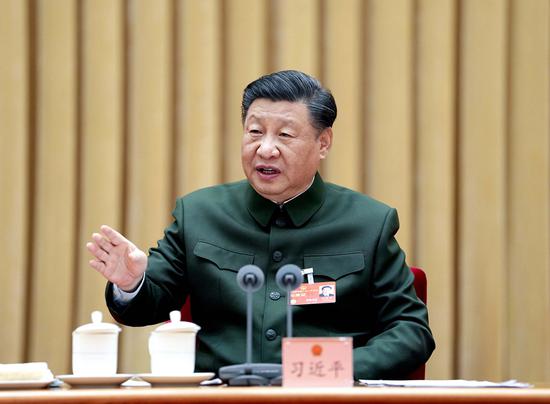




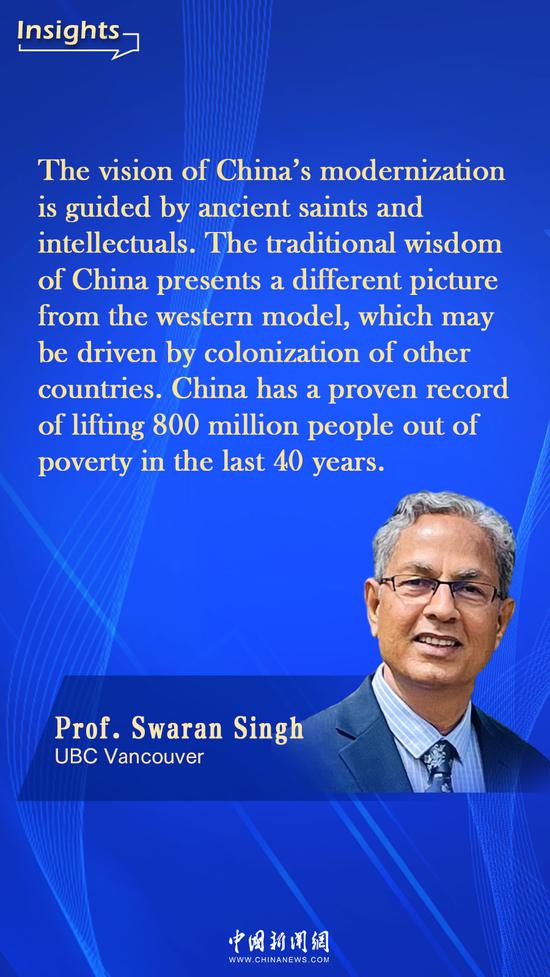
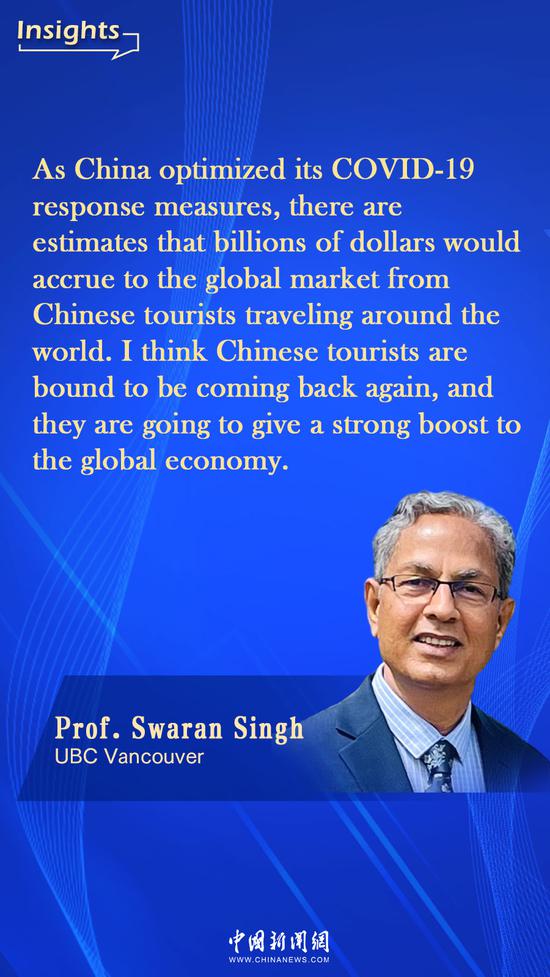





 京公网安备 11010202009201号
京公网安备 11010202009201号